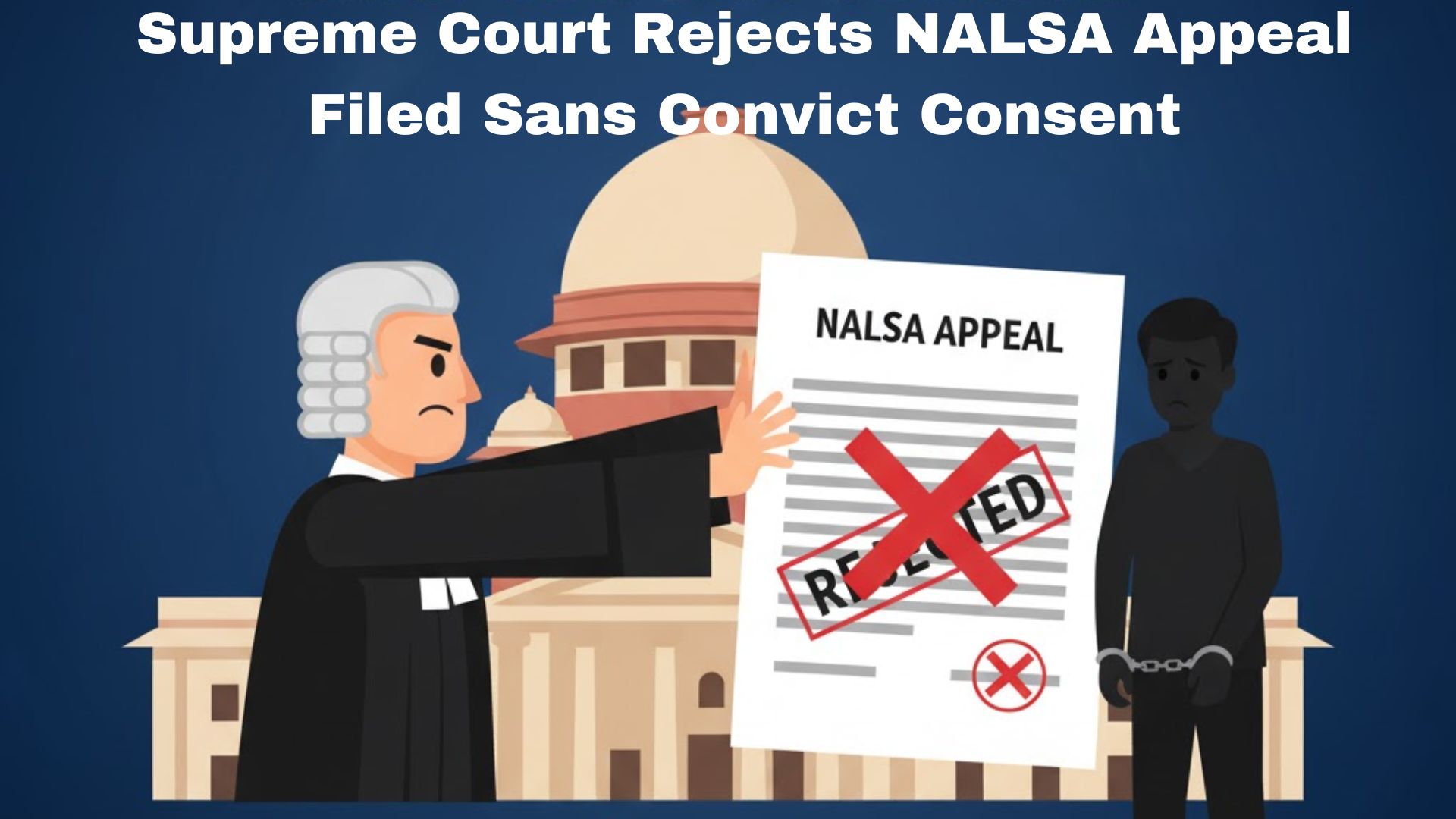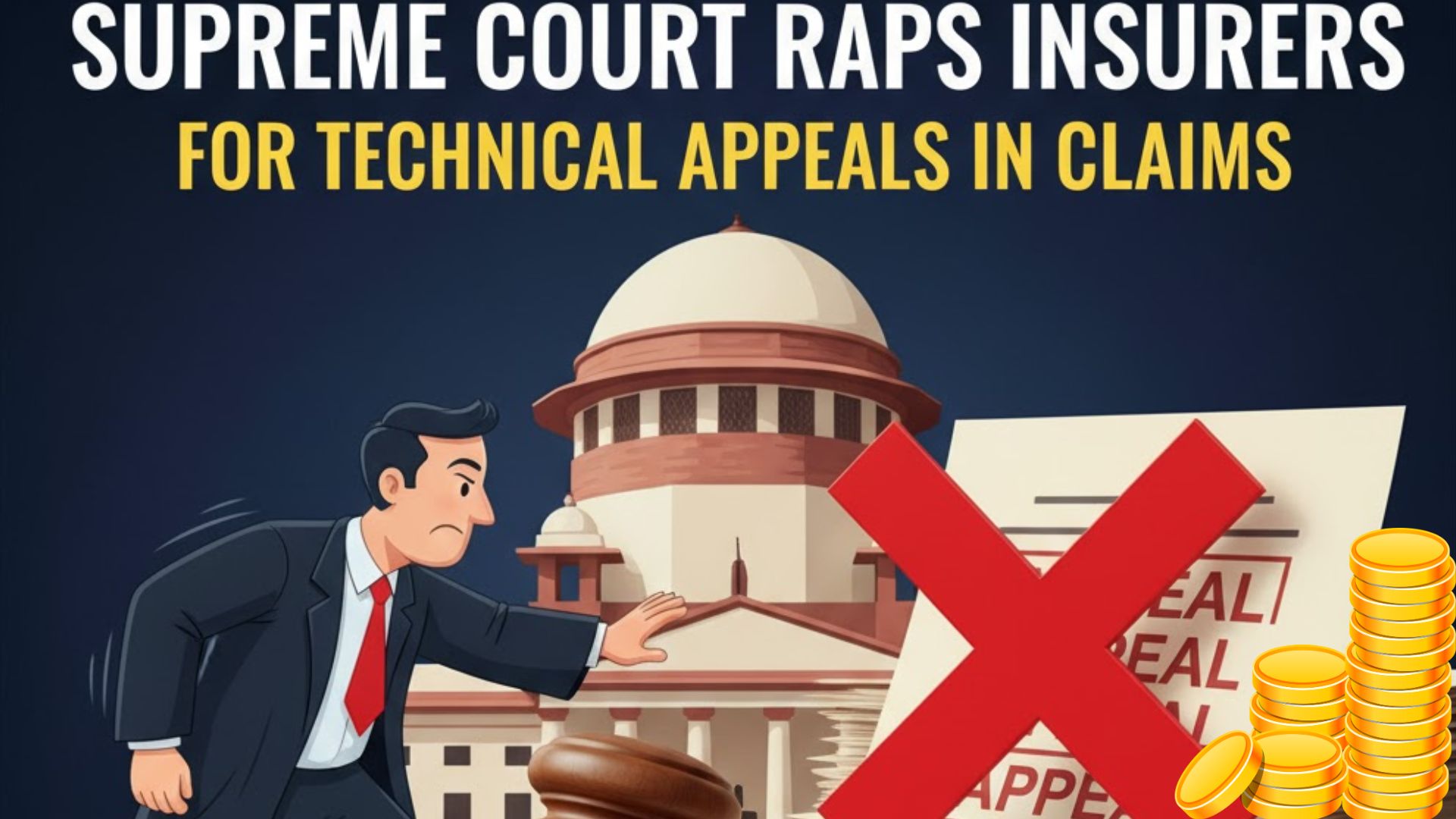M. Jagannadha Rao, C.J.@mdashThis Writ Petition, filed by Fr. Thomas Kumbukkat on behalf of Kanjirappally Taluk Karshaka Samrakshana
Samithy, and 14 Ors. , raises the question of constitutional validity of the Kerala Scheduled Tribes (Restriction on Transfer of Lands and
Restoration of Alienated Lands) Act, 1975 (hereinafter called the ''Act''). It is contended that even though the Act is place''s in the Ninth Schedule
of the Constitution of India read with Article 31-B, the provisions of the Act are not constitutional as being violative of the basic features of the
Constitution of India. It is contended that the Petitioners are in possession of various items of properties, in particular in forest area, and that they
have obtained valid title to the property, having obtained the same from the Scheduled Tribes. They have improved the property and now it will
cause great hardship, if they are to be evicted and the lands restored to the Scheduled Tribes.
2. It is urged before us is that the provisions of the Act are contrary to the rule of law which is the basic feature of the Constitution as mentioned in
His Holiness Kesavananda Bharati Sripadagalvaru Vs. State of Kerala, and as later explained in Waman Rao and Ors Vs. Union of India (UOI)
and Others, It is contended for the Petitioners that the Act provides for summary enquiry by the Revenue Divisional Officer, and then there is an
appeal to the Collector. The parties are not permitted to have the services of Advocates, except with the permission of the Revenue Divisional
Officer, and the enquiry is also conducted in a summary manner. This, according to counsel, is violative of the basic feature of the Constitution of
India. It is also contended that the notification issued u/s 1(3) of the Act on 24th January 1986 in the Kerala Gazette brings the Act into force with
effect from 1st January 1982 and that this is not permissible in law. It is contended that the Government has no power to bring the Act into force
from an anterior date, for Section 1(3) only says that ""It shall come into force on such date as the Governmentmay, by notification in the Gazette,
appoint"".
3. We are of the view that both these contentions are ill-founded. So far as the second contention is concerted, it is true that Section 1(3) of the
Act states that the Act shall come into force on such date as the Government may, by notification in the Gazette, appoint. It is also true that the
Government issued a notification on 24th January 1986 in the Kerala Gazette bringing the Act into force from lit January 1982. The said
notification reads as follows:
S.R.O. No. 130/86.- In exercise of the powers conferred by Sub-section (3) of Section 1 of the Kerala Scheduled Tribes (Restriction on Transfer
of Lands and Restoration of Alienated Lands) Act, 1975 (Act 31 of 1975) the Government of Kerala hereby appoint the 1st day of January 1982
as the date on which the said Act shall be deemed to have come in to force.
4. In Basant Kumar Sarkar and Others Vs. Eagle Rolling Mills Ltd. and Others, , the provisions of Section 1(3) of the Employees'' State Insurance
Act, 1948, which states that the Act shall come into force. on such date-or dates as the Central Government may by notification in the Official
Gazette, appoint, were questioned. Rejecting the contention that the aforesaid provision conferring uncanalised power was invalid,
Gajendragadkar, G.J. observed:
... Section 1(3) is really not an illustration of delegated legislation at all; it is what can be properly described as conditional legislation....
We are therefore of the view that Section 1(3) is valid.
5. The next question is in regard to the validity of the notification dated 24th January 1986 which states that this Act of 1975 shall come into force
from 1st January 1982. It is argued that the Government cannot give retrospective effect to the Act. Section 4 of the Act deals with restoration of
immovable property alienated by a member of a Scheduled Tribe, on or after the commencement of the Act, to a non-Scheduled Tribe, without
previous, consent of the competent authority. Therefore, according to Section 4, even the transfers made after 1st January 1982 without
permission, will, be invalid, because the date of commencement is 1st January 1982. The question is whether this is valid.
6. Section 5 is relevant in this context and states as follows:
any transfer of immovable property possesed, enjoyed or owned by a member of a Scheduled Tribe to a person other than a member of a
Scheduled Tribe, effected on or after the 1st day of January 1960, and before the commencement of this Act, shall be deemed invalid.
Assuming, therefore, that the commencement of the 1975 Act will be valid only from 1st January 1986, then the position u/s 5 will be that the
transactions from 1st January 1960 upto 1st 1986 will be invalid and this will include transactions between 1st January 1982 and 1st January 1986
also. In other words, once Section 5 comes into force even on 24th January 1986, it retrospectively invalidates the alienations that took place from
1st January 1960, by a Scheduled Tribe to a non-Scheduled Tribe. In the result, the contention raised before us that the Government has no
power to give retrospective effect to the Act from 1st January 1982 while issuing a notification u/s 1(3), pales into insignificance because Section 5
invalidates such transfers if made after 1st January i960.
7. We may, however, point out that there can be some contention that Section 13 of the Act creates an offence and if the Act is notified on 24th
January 1986 with effect from 1st January 1982, Article 20 of the Constitution is violated. But no such contention is raised before us. Hence, the
validity of Section 13 is left open.
8. So far as the next contention that the provisions of the Act are violative of the basic features of the Constitution of India, and in particular the
basic feature of rule of law, we are of the view that there is no substance in this; contention also. Section 6 provides for reconveyance of property
to the Scheduled Tribes, but on an adjudication by the Revenue Divisional Officer. Enquiry is provided under Sub-section (2) of Section 6. There
is an appeal, to the competent authority (said to be the District Collector) under Sub-section (5) of Section 6. There is a suo motu revisional
jurisdiction vested in the Government u/s 7 which says that notwithstanding anything contained in Section 6, the Government may, on their own
motion, issue certain directions, if they are satisfied after necessary enquiries that a Tribal was deprived of his possession or enjoyment, as the case
may be. Therefore, it is clear that against any order passed in appeal by the District Collector-competent authority, u/s 6(5), or any other suo motu
order passed by the Government u/s 7, the aggrieved party can approach this Court under Article 226 of the Constitution of India. When the
jurisdiction of this Court under Article 226 of the Constitution of India to question the order of the quasi-judicial authorities under the Act is
available, it is not correct to say that there, is violation of rule of law or infringement of right of judicial review. It is true that the Supreme Court in
Waman Rao and Ors Vs. Union of India (UOI) and Others, held that the High Court could go into the question whether the basic features of the
Constitution of India have been violated, even though the Act is placed in the Ninth Schedule of the Constitution. But in the present case, we are
unable to find out any violation of the basic feature of the Constitution. Learned Counsel for the Petitioners only relied upon paragraphs 15, 16, 46,
47, 49 and 51 of Waman Rao and Ors Vs. Union of India (UOI) and Others, for the aforesaid proposition. But inasmuch as we are unable to find
any violation Of the basic feature of the Constitution, namely, the rule of law, we are unable to hold that the Constitutional amendment (40th
amendment of 1976) is invalid.
For the aforesaid reasons, there are no merits in this Writ Petition and the same is accordingly dismissed.

